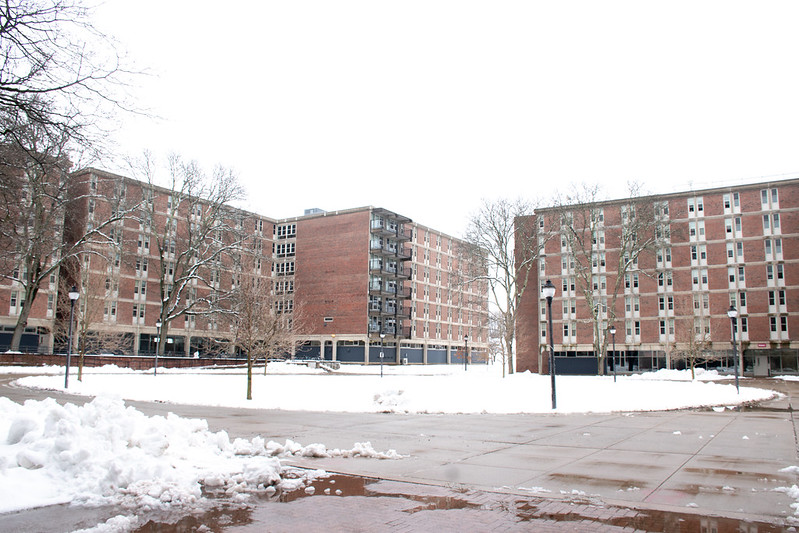Students are used to the embarrassing lack of housing after their freshman year. At the University of Massachusetts, over 900 students couldn’t secure housing for this fall semester. Similarly, it is widely reported that UMass has accepted the largest freshman class, underscoring the notion that the housing shortage is squeezing students.
Now that the dust has settled, one wonders what remains of the students that are now forcibly living off campus. Many are stranded miles away from the college that they attend. While there are many commuting options available, such as the bus or driving, the impact of being so disconnected from the community is evident. A report conducted by Association of College and University Housing Officers concluded that students who live off campus are more likely to feel disconnected from their community. Their housing situation affects retention, on-campus participation and mental health.
UMass needs to ensure that students aren’t forced to live off campus by building more housing. As noted in April 2022, more high-rises — such as the ones we see in the Southwest Residential Area — would be perfect as they’re both economically cheap and spatially conservative. However, this doesn’t seem likely in the next couple of years. In the meantime, UMass needs to divert more resources to bridge the gap between off-campus students and the campus community.
UMass spends significantly more on prospective students and freshman, in contrast to what is spent on juniors and seniors. For incoming and existing freshmen, there are outreach events and an entire week dedicated to welcoming them to campus.
The only thing that connects off-campus students to the community, besides class attendance, is a small office called Off-Campus Student Life. Their events have little attendance, and they’re almost entirely centered around the idea of finding you a space to live, or what you need for a new space. One of their most consistent events is a “Roommate Mixer” that helps you meet new roommates and find places to live. While this is a great opportunity — I met my current roommate at one of these events — it doesn’t do much to absolve the isolation that off-campus students can face. The conversation can’t just be about finding places to live, we also need to know what happens once we get there.
UMass needs to divert more resources to off-campus student life so that they can better bridge the gap between off-campus students and student life. While the Off-Campus Student Life staff do a great job, they need more funding to do true outreach to off-campus students, whose isolation could be affecting GPA and graduation rates. Hosting events is one thing, but truly connecting and engaging with students who may be falling apart can be monumental.
Transportation services is another resource that could be further explored. The Pioneer Valley Transit Authority (PVTA) is great, but they are understaffed and have been running on route shortages. Public transport is sometimes the only lifeline that off-campus students without a car have; ensuring that its fully operational can make campus more accessible.
Camille Barchers, assistant professor of regional planning at UMass, says “we see public transportation as a cornerstone of equitable and resilient communities.” If this is the case, how resilient can off-campus students be while feeling isolated and tossed aside, with substandard bus routes and underfunded off-campus student life programs?
To alleviate this burden, UMass needs to allocate more funding to connect our community. It’s extremely questionable when an institution prioritizes reaching out to prospective students over nurturing the ones they already have.
Conor Johnston can be reached at [email protected].


















